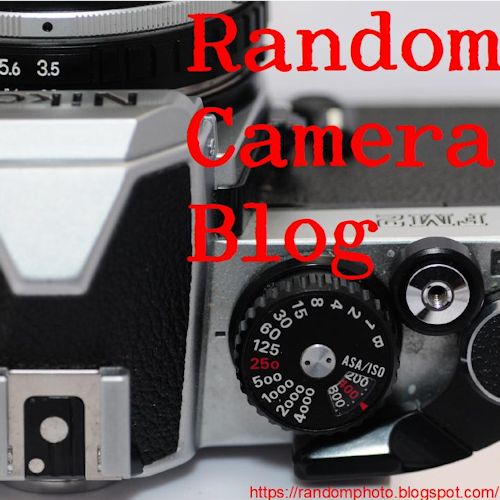Every day one is inundated with the latest news about new digital cameras. In fact, take a look at any of the larger camera mags such as Shutterbug and Popular Photography. They make their living showcasing the latest stuff. Now it's about 75% digital. Now there is nothing wrong with digital photography, but there is a lot wrong with the industry. Ilford and Agfa, both primarily film-based companies, seems to be having problems. Kodak is dropping some films, such as Technical Pan - a very unique film emulsion. Kodak's bread and butter has been film and the processing thereof. What happens as consumers go more digital -- what kind of consumables can Kodak provide to a digital user besides ink-jet paper? Are they going to have stock in Epson, too? Sell Kodak-branded media cards? How many latest models of digicams can a person buy?
Back to my original topic - digital has no soul. I pick up one of my many classic cameras, and some not so classic -- they have a feel and ease of operation that digital cannot approach. No batteries except for a light meter (and even then, that only accounts for my SLRS and a Pentax 6X7). See the subject in the viewfinder..press the shutter. Instant capture of the moment forever. Not to be erased by mistake, not left on a CD never to be seen again, not processed a thousand ways in photoshop. A unique image preserved in silver salts on a strip of acetate. You can look at it without any technological aid now, 100 years from now. That's why I say digital has no soul.
What do I use? Film. My digicam is a 2.1 MP for web and ebay. I shoot over a hundred rolls of b&w in a year - some medium format, most 35mm. Maybe I'll start using the 4x5 camera I have, too. I guess its time to buy a bunch of bulk rolls of b&w to keep Kodak going, huh?
If you like b&w, try JandC Photo on the web....some neat emulsions , mostly all from Europe.

1 comment:
Today I found a very eloquent presentation on digital and silver-based photography.
http://www.durst-pro-usa.com/thoughts.htmHe makes some really good points on real costs to the consumer and the environment. He is not anti-digital, but points out several fallacies that are bandied about by the digital crowd.
Post a Comment